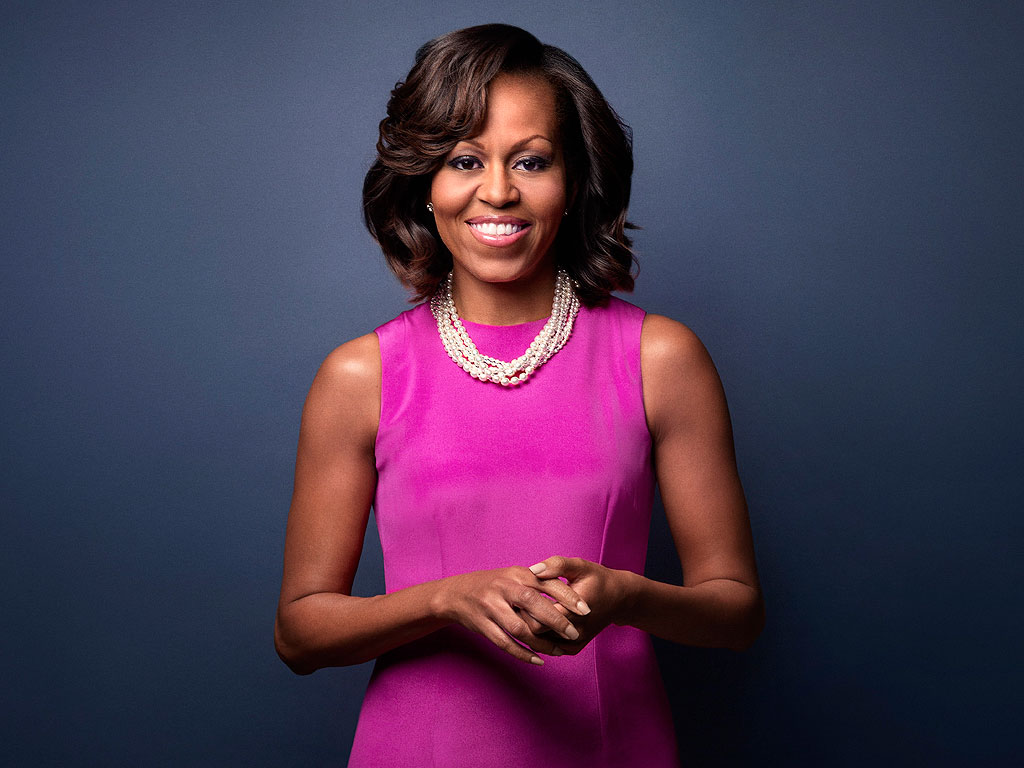
“The stigma around talking about mental health and getting help for it just doesn’t make any sense,” First Lady Michelle Obama said in an interview in the October issue of Prevention magazine. “This is an issue that affects us all.”
The First Lady is right. How many times have members of African American families dismissed a family member or friend who "isn't right in the head" or "just a little touched?"
According to the Health and Human Services Office of Minority Health, African Americans are 20% more likely to experience serious mental health problems than the general population. Common mental health disorders among African Americans include:
- Major depression
- Attention deficit hyperactivity disorder (ADHD)
- Suicide, among young African American men
- Posttraumatic stress disorder (PTSD), because African Americans are more likely to be victims of violent crime
African Americans are also more likely to experience certain factors that increase the risk for developing a mental health condition:
- Homelessness. People experiencing homelessness are at a greater risk of developing a mental health condition.
- Exposure to violence increases the risk of developing a mental health condition such as depression, anxiety and post-traumatic stress disorder. African American children are more likely to be exposed to violence than other children.
MUST READ: 16 Major Things That Michelle Obama Has Accomplished In 8 Years
In the African American community, family, community and spiritual beliefs tend to be great sources of strength and support. However, research has found that many African Americans rely on faith, family and social communities for emotional support rather than turning to health care professionals, even though medical or therapeutic treatment may be necessary. Do rely on your family, community and faith for support, but you might also need to seek professional help as well.
In 2011, the first lady teamed up with Jill Biden to launch Joining Forces, an initiative that addresses mental health care for military members and their families. And she's doubling her efforts now stateside to continue to address the issue with help.
“I kept meeting service members and military spouses who were hesitant to ask for help because they thought they should be able to handle it themselves or that seeking help meant they were weak or broken,” she told Prevention. “But of course that couldn’t be further from the truth.”
“Our service members, veterans and their families are some of the most courageous, resilient folks I have ever met, and asking for help is always a sign of strength,” she continued.
Obama also teamed up with the Duke and Duchess of Cambridge earlier this year to advocate for more awareness around...
... children’s mental health ― a topic she continues to discuss stateside.
She explained to Prevention that in order to change the culture’s negative perception around mental illness, parents need to stress the importance of psychological wellbeing to their children.
“We need to teach our kids that mental illnesses are just like physical illnesses and deserve the same kind of care and compassion,” she said.
The First Lady's Let's Move Campaign also fits right in with her approach to end the mental health stigma. Recently, reports showed how physical activity can help brain fight against mental health issues, while obesity plays a part in compounding mental health issues.








